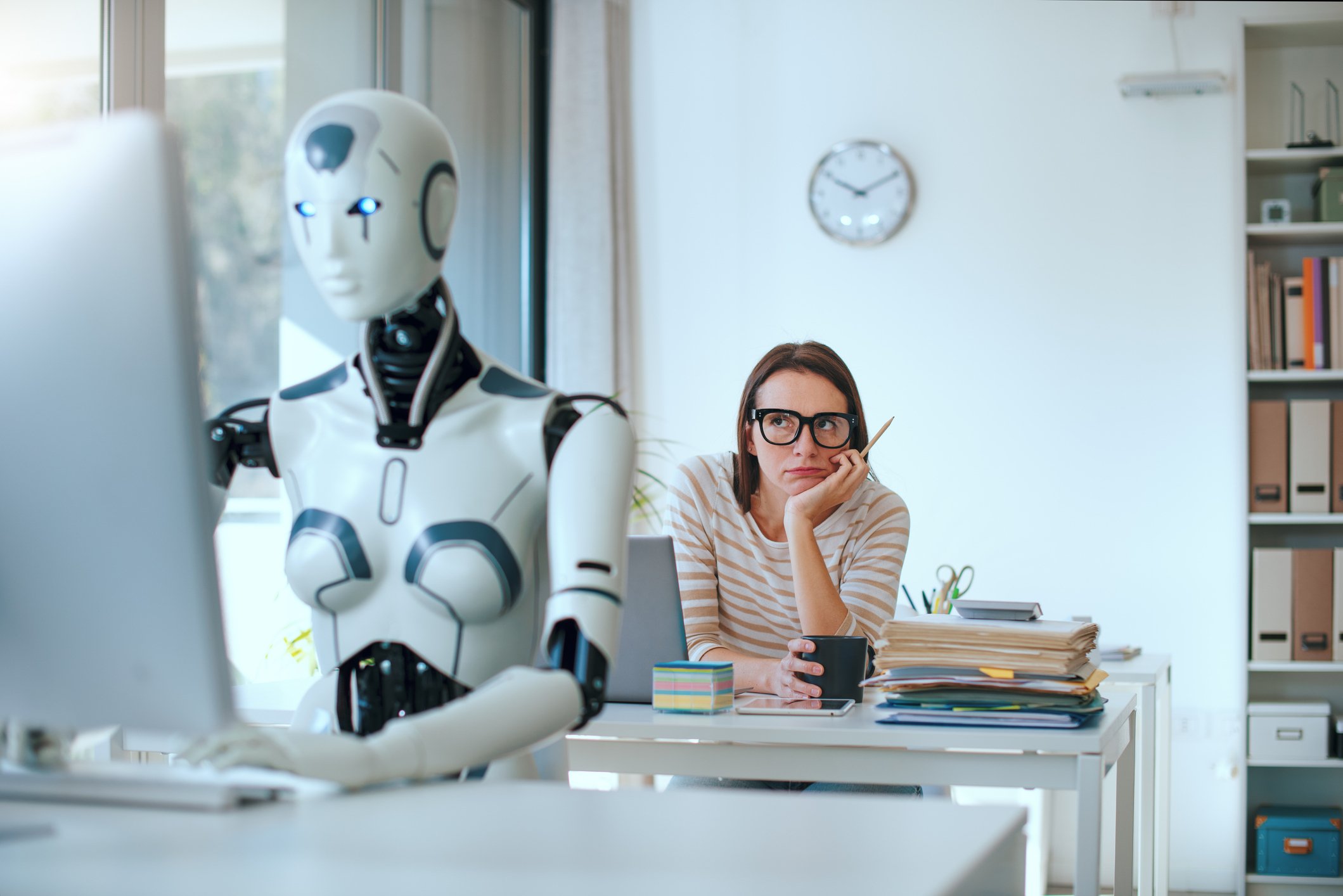
The tech industry is in a state of rapid change. Artificial Intelligence is no longer just a buzzword; it’s fundamentally transforming both the products we build and the skills we need to build them. As we watch headlines about layoffs at giants like Microsoft and read columns in The Wall Street Journal about seismic changes in job requirements, it’s clear: AI isn’t just a backdrop, it’s now a direct force reshaping opportunity, risk, and the core skills that matter most.
The Good: New Opportunities and Roles
1. AI Supercharges Talent
- AI empowers engineers and technologists to tackle problems that were once out of reach, boosting productivity and opening doors to entirely new fields.
- Roles in AI/ML, data science, AI ethics, prompt engineering, and AI infrastructure are some of the fastest-growing jobs (Source: Upwork Report 2024).
2. Better Jobs, Faster Cycles
- Repetitive coding and routine testing are being automated, allowing developers to focus on higher-order problems such as ideation, system design, and human-centered innovation.
- According to the WSJ, the demand for engineers who can work alongside AI, not just code it, is increasing as automation eliminates repetitive tasks.
.png?width=1024&height=402&name=Blog%20Post%20-%20inside%20Images%20(92).png)
3. The Rise of the Hybrid Engineer
- The most valuable engineers today combine technical depth with business acumen and AI literacy.
- Companies like Microsoft are retraining staff, not just replacing them, to fill roles that require creativity, adaptability, and AI fluency.
The Bad: Job Insecurity and Changing Skills
1. Displacement and Layoffs
- Microsoft’s 6,000-person layoff signals a wider trend: as AI gets integrated, teams are being restructured, and the jobs most at risk are those that haven’t kept up.
- IBM paused or cut thousands of back-office roles in 2023, with leadership noting many of these tasks are now automated with AI. The message is clear: routine roles are at the front lines of change. (Source: Bloomberg, May 2023)
2. Ethical and Social Gaps
- More automation means fewer entry-level opportunities; this risks narrowing the pipeline for future tech leaders.
- AI can make workplace inequalities worse or create new biases if not managed carefully, a concern often highlighted in tech ethics conversations.
3. The Real Challenge: Learning, Not Just Skills
- AI doesn’t just change the job, it changes how we grow into it. Success depends on our ability to adopt new tools, ask better questions, and guide intelligent systems responsibly.
- The real challenge is not a lack of skills, but a lack of support for learning. Many professionals don’t have the time, mentorship, or structure needed to make confident transitions.
- Not everyone is a natural self-learner. To keep pace with the change, organizations must build learning cultures that promote continuous development.
How BetterEngineer Approaches the Change
At BetterEngineer, we believe in getting ahead of the trend instead of simply reacting to it.
- Learn Relentlessly: Whether it’s foundational AI or advanced machine learning, we encourage (and provide) ongoing upskilling for ourselves and our community.
- Keep Ethics at the Core: We lead open discussions on ethical AI, fairness, and transparency, helping shape what AI should do, not just what it can do.
- Build Bridges, Not Walls: By blending engineering fundamentals with AI innovation, we help professionals future-proof their careers and organizations strengthen talent pipelines.
Conclusion: Don’t Wait for the Wave
AI is transforming tech jobs, sometimes painfully, but often for the better. The winners will be those who lean in, learn, and help set direction for their field with vision and responsibility. As we’ve learned from recent headlines and our own journey at BetterEngineer, building a future-proof career or organization means harnessing AI’s potential while staying true to the craft and community of great engineering.
Let's shape it together.
.webp)
%20(1317%20x%20739%20px)%20(7)-4.png)
%20(1317%20x%20739%20px)%20(8)-2.png)